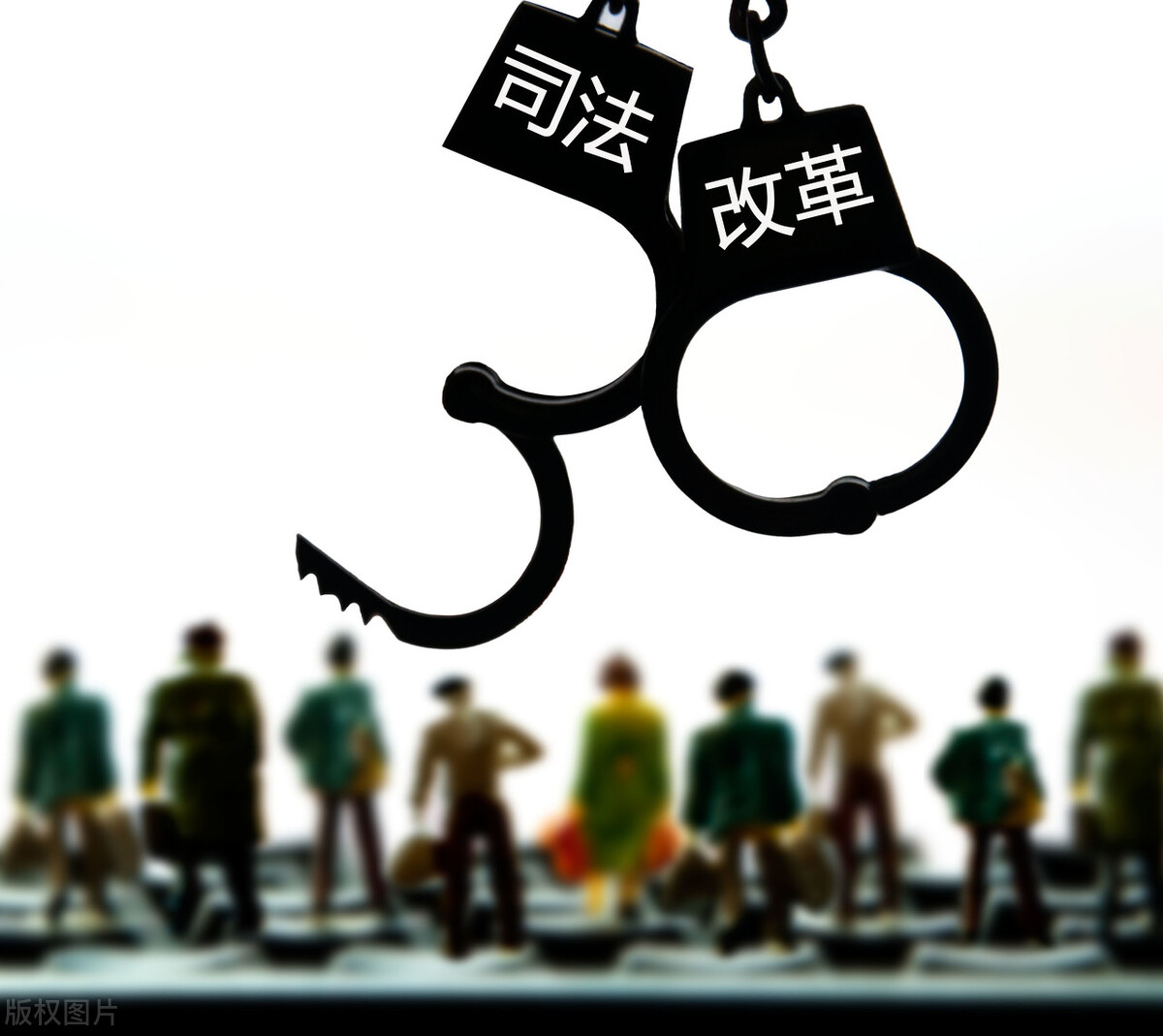
In criminal proceedings, the law provides that criminal suspects and defendants may be placed under residential surveillance under certain conditions. With regard to residential surveillance, the procuratorial organs not only have the right to supervise the written decision, but also may exercise their supervisory right to notify corrections if illegal circumstances are discovered in the course of enforcement. Today's "Lawyer Guo Jie Says" will tell you about what illegal situations the procuratorial organs can notify and correct in the implementation of residential surveillance?
According to the relevant provisions of the Criminal Procedure Law of the People's Republic of China and the Rules of Criminal Procedure of the People's Procuratorate, there are seven types of violations that procuratorial organs should notify and correct in the enforcement of residential surveillance:
1. Failure to implement or failure to implement in a timely manner;
Where ---- enforcement organs do not dispatch personnel to carry out enforcement after receiving legal documents such as a written decision on residential surveillance at a designated location, or do not promptly dispatch personnel to carry it out, they shall make corrections.
2. The family should be notified;
---- does not notify the family members of the person under residential surveillance within 24 hours of carrying out residential surveillance at a designated location.
3. The place of enforcement is illegal;
----- residential surveillance is carried out in places of detention or in special case-handling venues.
4. Illegal transmission of information and goods;
----- ventilating letters or items for persons under residential surveillance or privately transmitting letters or items.
5. Improper arrangements for defender meetings;
------ violating provisions to arrange for defenders to meet or communicate with persons under residential surveillance, or unlawfully restricting residential surveillance persons from meeting or correspondence with defenders.
6. Corporal punishment, abuse, or extortion of confessions by torture;
----- extorting confessions, corporal punishment, ill-treatment, or covert corporal punishment or ill-treatment of persons under residential surveillance.
7. There are other acts that infringe upon the lawful rights of the person under residential surveillance or other illegal acts.
---- the bottom clause.
"Lawyer Guo Jie said" believes that residential surveillance is the most controversial compulsory measure in the current criminal proceedings, but in any case, the relevant provisions should be strictly observed before the corresponding amendments are made to the legal provisions. With regard to legal supervision in the process of enforcing residential surveillance, although the department responsible for criminal enforcement procuratorate and the department responsible for prosecuting complaints and appeals are to perform their duties respectively due to the difference in the organs that decide on residential surveillance, no matter which department, it is the department of the procuratorial organ, so it is the procuratorial organ's statutory duty to perform the right to supervise the illegal acts related to the decision on residential surveillance and enforcement. Therefore, it is wrong to simply think that the criminal case is at the stage of public security investigation or court trial, and to think that the procuratorate has nothing to do with the case. Correctly understanding the legal supervision power of procuratorial organs and proposing and asserting relevant rights in a timely manner is a new method for criminal cases!